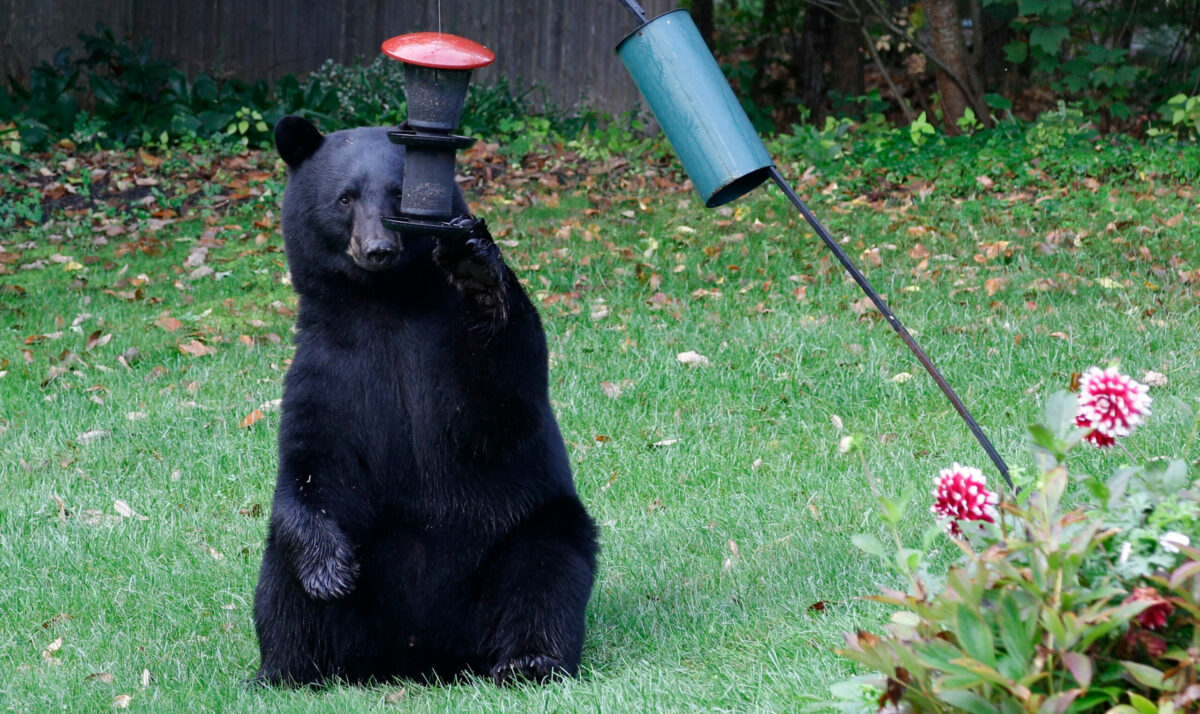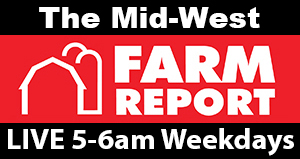
If you’re having conflicts with wild animals in your fields, your feed storage, and even around your home… there is help out there for you. Wisconsin DNR’s Wildlife Damage Specialist Brad Koele walks Mid-West Farm Report through who to call when aggressive birds or awake bears start becoming a nuisance.
Farmers can take advantage of the year-round Wildlife Damage Abatement and Claims Program. WDACP provides damage prevention assistance and partial compensation to farmers when wild deer, elk, bear, geese and turkeys damage their agricultural crops. Wildlife managers issue agricultural damage shooting permits to farmers for removal of deer – and occasionally bear, geese and turkeys – that cause damage.
This is a state program that is administered through participating counties. Currently, all counties participate in the program with the exception of Kenosha and Menominee. Apply by reaching out to your county contact: https://dnr.wisconsin.gov/sites/default/files/topic/Aid/grants/UW/WDACPcountycontacts.pdf
Certain urban municipalities are also eligible for help with mitigating deer and geese problems. Urban Wildlife Damage Abatement and Control grants help urban areas develop wildlife plans, implement specific damage abatement and/or control measures for white-tailed deer and/or Canada geese. They are available to any town, city, village, county or tribal government in an urban area. If you are uncertain if your governmental unit falls within defined urban areas, contact Grace Nugent at 608-266-2191.
And homeowners can rest assured that they can call the DNR to help address wildlife conflicts.
“Every year, the DNR and our partner, USDA-Wildlife Services, receive more than 700 calls related to nuisance black bears. The reality is that most of these bear conflicts are preventable or can be resolved by making small changes to our behavior,” Koele says. “Bear behavior is not always predictable but knowing a few key pointers on what to do – and what not to do – goes a long way to avoiding conflicts and keeping bears happy, healthy and wild.”
Koele says the best way to avoid conflicts with bears is to remove attractants, such as food. Conflicts with humans happens when bears destroy gardens, bird feeders, apiaries and trash cans. If a bear finds food, such as bird feed or garbage near your home or cabin, it will likely return for more. Bear visits are more likely to stop when food is no longer available. Bears will periodically check sites where food was once available, so it may take several days to weeks after a food source has been removed for a bear to stop visiting food sites altogether.
Migrating birds can also be a problem if they get aggressive, such as geese and cranes. Turkeys can also get aggressive during the spring mating season. Koele says they get calls of birds nesting in building doorways or pecking at their reflection on vehicles.

Leave a Reply